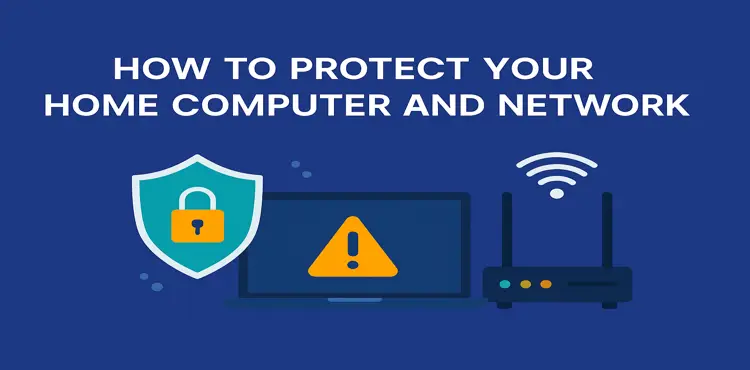In the fast-paced and ever-evolving world of cybersecurity, one principle remains timeless: always learn from experience and past mistakes. No organization, regardless of its size or budget, is immune to cyber threats. What separates resilient businesses from vulnerable ones is their ability to reflect, adapt, and continuously improve their security posture.
In this blog post, we’ll explore why learning from past cybersecurity incidents is essential, how to turn mistakes into lessons, and actionable steps you can take to enhance your security strategy.
The Importance of Experience in Cybersecurity
Cybersecurity isn’t just about firewalls and antivirus software—it’s a dynamic field where new threats emerge daily. Real-world experience offers insights that textbooks and certifications can’t. Whether it’s a phishing attack, a data breach, or a misconfigured cloud service, each incident presents a learning opportunity.
Key Benefits of Learning from Experience:
- Enhanced Risk Awareness: Past incidents highlight blind spots you may not have known existed.
- Improved Incident Response: Lessons from previous attacks help refine your response time and effectiveness.
- Stronger Security Policies: Experience reveals which policies are effective—and which need adjusting.
Learning from Past Mistakes: Case Studies
1. Capital One Data Breach (2019)
A misconfigured firewall in a cloud server led to the exposure of over 100 million customer records. The mistake? Improper configuration and lack of internal oversight.
Lesson: Regular audits and configuration reviews are critical when working with cloud services.
2. Equifax Breach (2017)
One of the most devastating breaches in history occurred due to a known vulnerability in Apache Struts that was never patched.
Lesson: Patch management isn’t optional—it’s a fundamental part of your defense strategy.
Actionable Tips to Turn Experience into Cyber Resilience
1. Conduct Post-Incident Reviews
After any security event—big or small—perform a detailed review:
- What failed?
- What worked?
- What needs to change?
2. Maintain a Lessons Learned Database
Document every incident, the root cause, and the preventive steps taken. Make it accessible for your entire IT and security team.
3. Update Policies and Training Programs
Use past incidents to inform employee training and update your cybersecurity policies to reflect current threats.
4. Simulate Attacks and Tabletop Exercises
Regular simulations help teams practice response protocols and identify weaknesses before a real attacker does.
5. Encourage a Blame-Free Culture
People are more likely to report issues and share lessons if they’re not afraid of punishment. Promote a culture of transparency and learning.
Final Thoughts
In cybersecurity, mistakes are inevitable—but repeating them is not. Every breach, misconfiguration, or social engineering success is a valuable lesson in disguise. By fostering a culture that embraces continuous learning and reflection, you can turn past mistakes into a powerful defense mechanism.
Remember: The best cybersecurity teams aren’t perfect—they’re adaptive. Stay alert, stay informed, and always learn from experience.





